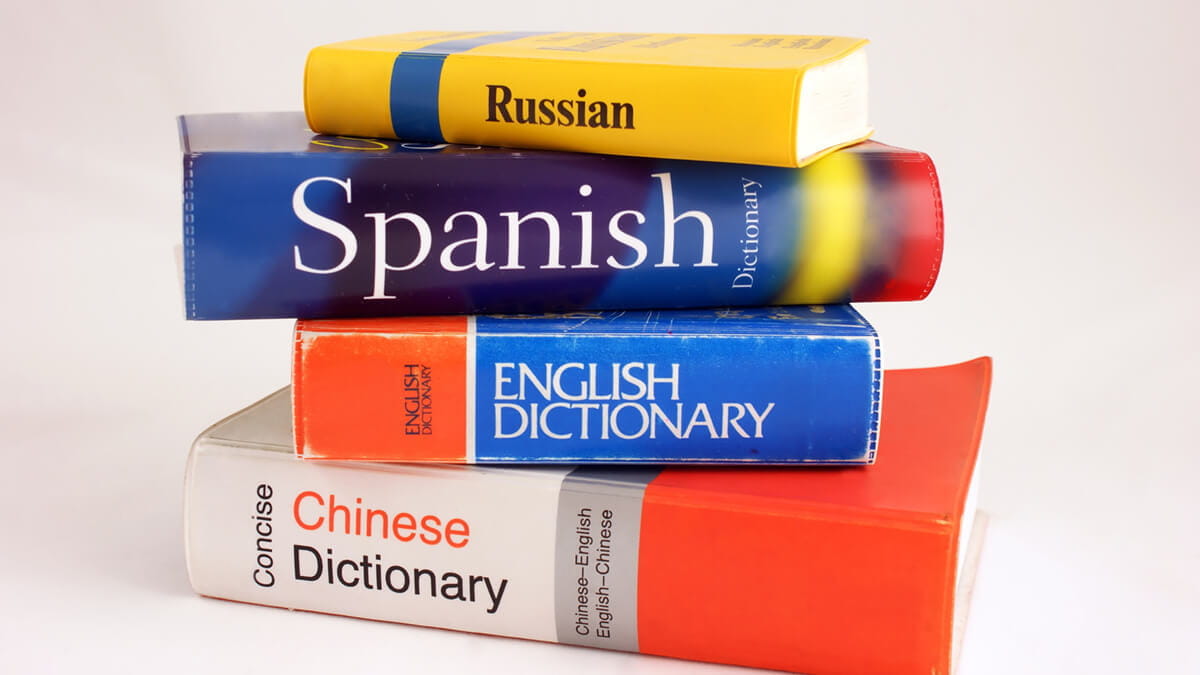From Spanish to Vietnamese, today’s classrooms are more linguistically diverse than ever, and according to the National Center for Education Statistics, it’s a trend that shows no signs of slowing down.
English language learners (ELLs) made up 9.5% of public school students—an estimated 4.8 million students—in the U.S. during the fall of 2015, the federal office reports, which represents an increase of 1 million students in just five years.* Indeed, classroom demographics are changing quickly. It’s estimated that by 2025, one in four public school students will be English language learners, according to the National Clearinghouse for English Language Acquisition.
In order for English language learners to keep up with their education, as well as learn academic English, teacher preparation must change with the times. We spoke to Dr. Deborah Focarile, a faculty member at Walden University, about how education degree programs, online and on campus, can help prepare teachers for linguistically diverse classrooms, now and in the future.
ESL certification
Focarile and other experts suggest that future teachers enrolled in education degree programs receive English as a second language (ESL) certification. This certification helps instructors teach English language learners who may have a grasp on conversational English, but need assistance in academic language that will help them with classroom achievement.
“The training for ESL certification focuses on good teaching strategies,” from teaching content-related vocabulary words to sentence structure, which “can be applied to students from any linguistic background,” Focarile explains.
Field-based experiences
“Textbooks are great but it’s not the real world,” Focarile says, recalling how different student teaching was for her than what books stated would happen.
The more on-campus and online education degree programs stress the importance of field-based experiences, such as internships and student teaching, the better, the educator states.
“Any time we can get students in an education degree program out into the field is great,” she says. “Our end product in education is humans. They’re not predictable all the time. You just never know what you’re going to get.”
This includes real-world experience of teaching English language learners, where teachers in training can employ textbook-based strategies to see what works and what doesn’t, and come up with new strategies on their own.
Professional development
Another way to help teachers reach English language learners? Professional development, Focarile asserts. Workplace-based training is ideal for those who have already completed education degree programs or graduate certificates and are actively working in ELL-rich school systems. And all educators who wish to improve their language diversity skills can benefit from online certifications. Some relevant ones include graduate certificates in engaging culturally diverse learners, and teaching and diversity in early childhood education.
“This is a topic where the returns would be great,” Focarile says. “Teaching is a relational thing. Students learn better when they can connect with teachers.”
One area ripe for ELL-based professional development: cultural diversity.
“Culture is inherently tied to linguistics,” Focarile explains. “When we approach these students, it’s not just language that’s different. Their culture is going to be different as well as their approach to learning. It’s not just teaching these students another language.”
Connect with English language learners with an online education degree.
Whether you’re already teaching or are interested in becoming a teacher, busy working professionals count on online education degree programs and online certifications to connect them with the latest teaching strategies, including those designed to reach English language learners.
From cultural and linguistic diversity to the latest technologies, Walden’s online certifications and education degree programs help teachers prepare to meet the challenges of today’s changing classrooms.
Learn how Walden can help you meet the needs of students, now and in the future, with online certifications and education degree programs designed to change your world and the world of others.
*National Center for Education Statistics, “English Language Learners in Public Schools”, on the internet at http://nces.ed.gov/programs/coe/indicator_cgf.asp
†National Education Association, “English Language Learners Face Unique Challenges” On the internet at http://www.nea.org/assets/docs/HE/ELL_Policy_Brief_Fall_08_(2).pdf




